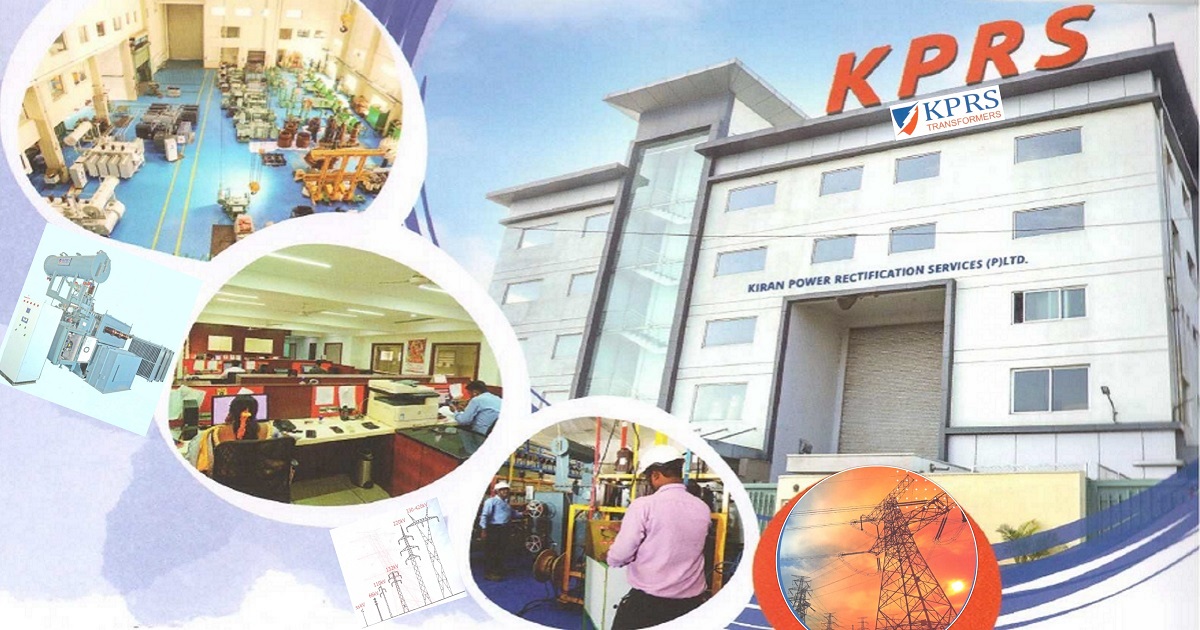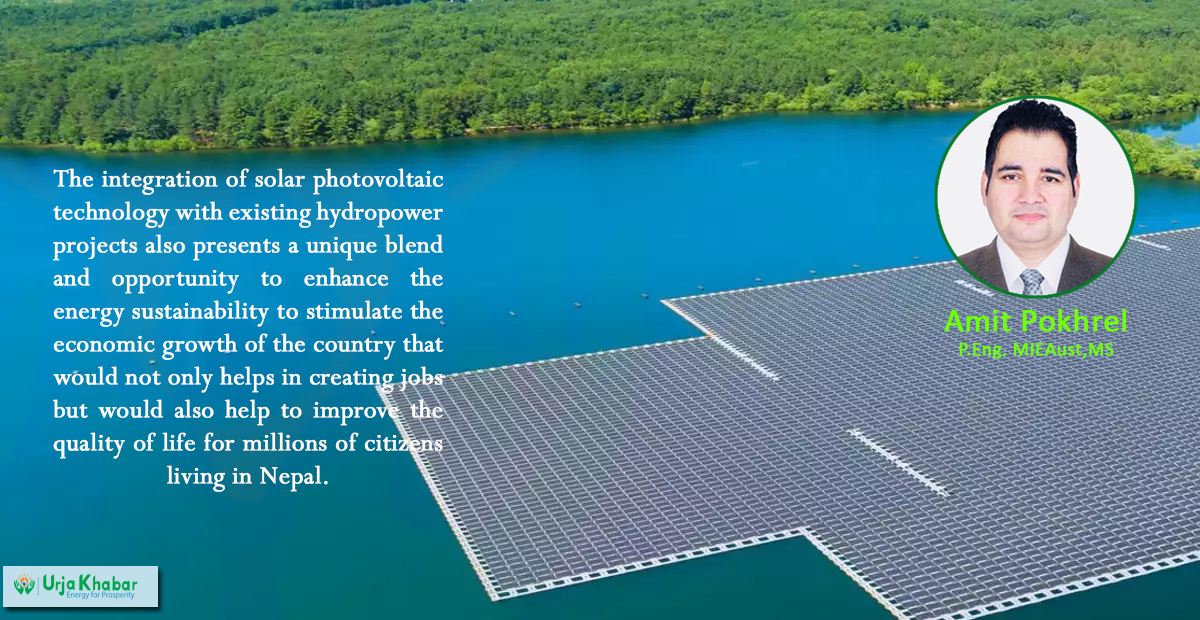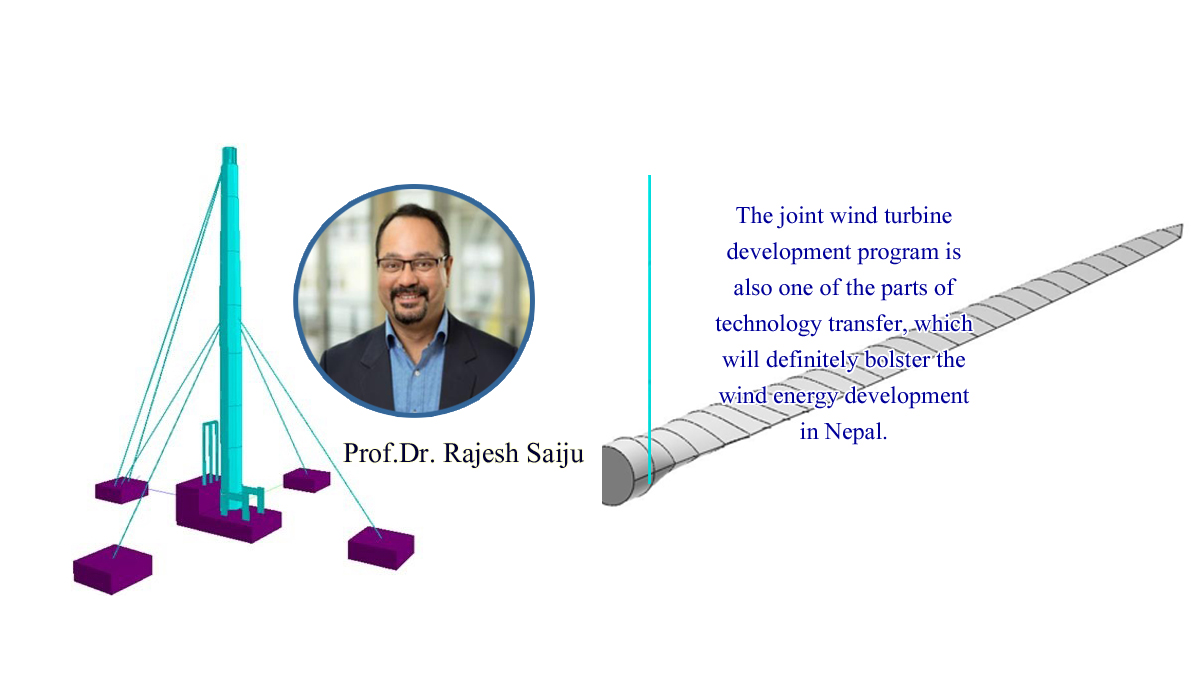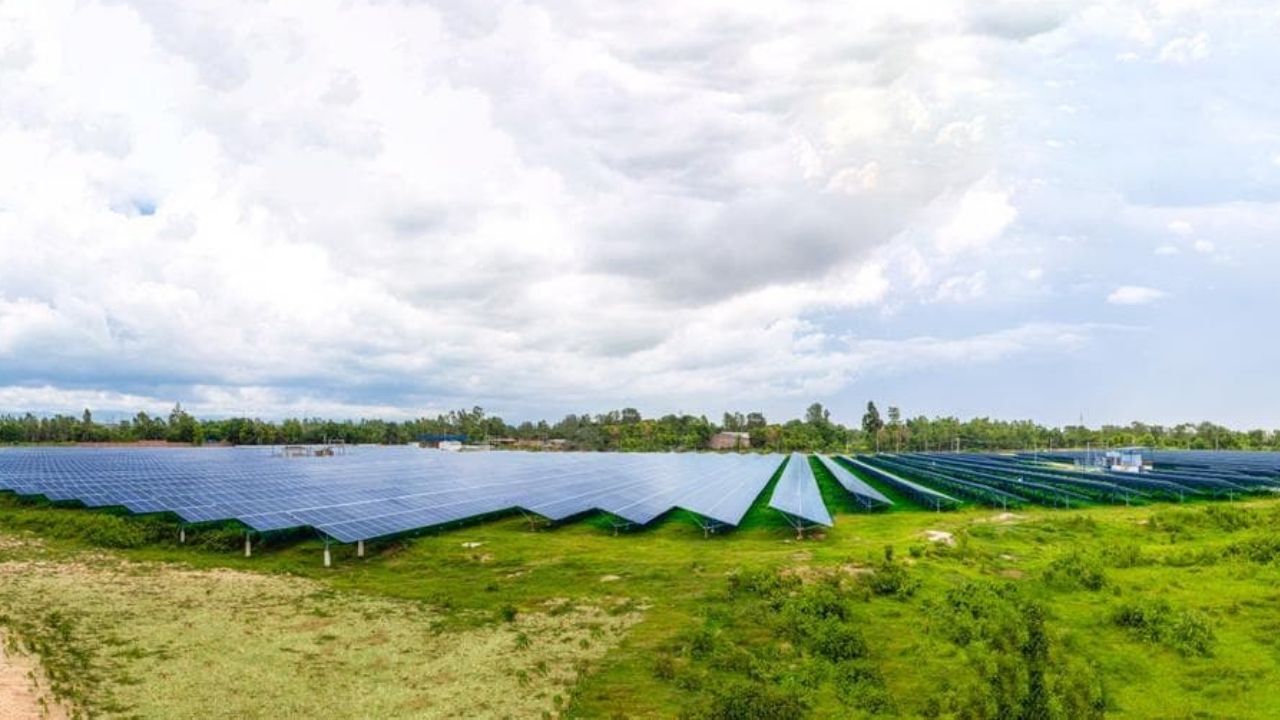Energy Update
A Gateway to Promote Sustainability and Investment in Nepal
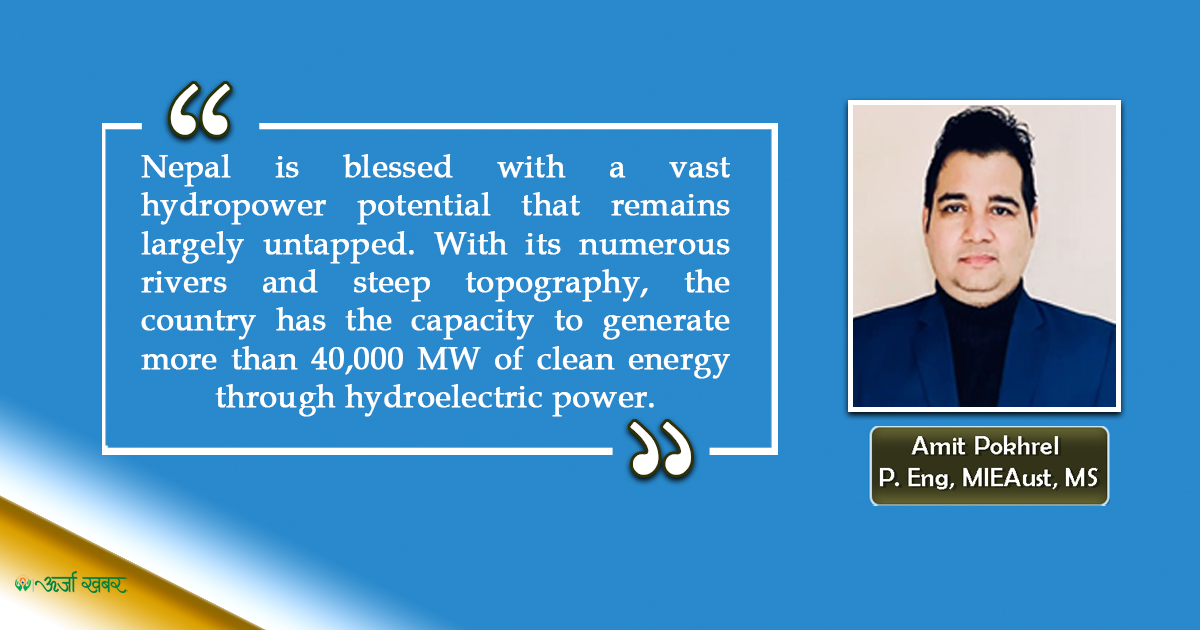
Nepal, a landlocked country nestled in the lap of the Himalayas, is a treasure trove of natural beauty, cultural diversity, and untapped potential. In recent years, there has been a growing interest in promoting sustainability and attracting investment in Nepal. The country's unique geography and rich natural resources provide a promising platform for sustainable development. This article delves into the efforts being made to turn Nepal into a gateway for promoting sustainability and investment, and the opportunities it presents for individuals and businesses alike.
Nepal is blessed with a vast hydropower potential that remains largely untapped. With its numerous rivers and steep topography, the country has the capacity to generate more than 40,000 MW of clean energy through hydroelectric power. Recognizing this immense potential, Nepal has set a target to fulfill its energy demand through renewable sources, with hydropower as the primary focus. This presents a unique opportunity for investors to contribute to Nepal's sustainable future by investing in hydropower projects.

Alongside hydropower, Nepal is also investing in solar and wind energy. The country experiences abundant sunshine throughout the year and has considerable wind resources, especially in high-altitude regions. Solar and wind power projects are being developed to diversify the renewable energy portfolio and reduce dependence on traditional fossil fuels. These initiatives offer attractive investment opportunities, with the potential for significant returns while promoting sustainability.
Nepal's breathtaking landscapes and rich biodiversity have made it a popular destination among nature enthusiasts and adventure seekers alike. To preserve its natural beauty and promote sustainable tourism, Nepal has been investing in eco-friendly initiatives. The government and private sector are working together to develop eco-tourism infrastructure, implement responsible tourism practices, and raise awareness about conservation. This not only enhances the visitor experience but also creates new job opportunities and generates revenue for local communities.

In addition to eco-tourism, Nepal is fostering community-based tourism initiatives. These initiatives focus on engaging local communities in tourism activities and empowering them to benefit directly from the influx of tourists. By promoting homestays, local handicrafts, and cultural exchanges, community-based tourism ensures that the economic benefits of tourism are spread across a broader spectrum, contributing to poverty reduction and sustainable development.
Nepal has a long history of sustainable agricultural practices. In recent years, the country has seen a rise in demand for organic products both domestically and internationally. Nepal's fertile land, diverse climatic zones, and traditional farming methods make it an ideal destination for organic farming. By investing in organic agriculture, individuals and businesses can not only tap into the growing global market but also contribute to sustainable farming practices and the well-being of farmers.
To promote organic farming and sustainable agriculture, agro-tourism and farm stays have gained popularity in Nepal. Visitors can immerse themselves in the local farming culture, learn about organic techniques, and participate in hands-on farming activities. These initiatives provide a unique opportunity to connect with nature while supporting local farmers and promoting sustainable livelihoods. From small-scale family farms to larger agricultural enterprises, Nepal offers diverse investment opportunities in the agriculture sector.
To create an enabling environment for sustainable growth and investment, Nepal is actively investing in infrastructure development. Improving connectivity through the expansion of road networks, the modernization of airports, and the upgrading of ports is crucial to attract investments and facilitate trade. Efforts are also underway to enhance public transportation systems to reduce congestion, lower carbon emissions, and improve the overall quality of life for urban dwellers.
Nepal's urban areas are set to transform into smart cities that prioritize sustainable practices and enhance the quality of life for residents. The integration of technology, renewable energy solutions, efficient waste management systems, and eco-friendly urban planning are central to this vision. The development of smart cities opens up investment opportunities for companies specializing in sustainable technologies, urban infrastructure, and green building solutions.
Conclusion
Nepal's commitment to promoting sustainability and attracting investment is unlocking exciting opportunities across various sectors. From renewable energy to eco-tourism, organic farming to smart cities, the country offers a gateway for individuals and businesses seeking to contribute to sustainable development while achieving financial returns. As Nepal continues to navigate its path towards a sustainable future, it is vital to harness the potential presented by its natural resources, cultural heritage, and diverse landscapes to create lasting positive changes for the country and its people.
The Author of this article works as a Senior Contract & Commercial Expert in the Energy Business of Golyan Group, Kathmandu, Nepal
Conversation
- Info. Dept. Reg. No. : 254/073/74
- Telephone : +977-1-5321303
- Email : [email protected]






